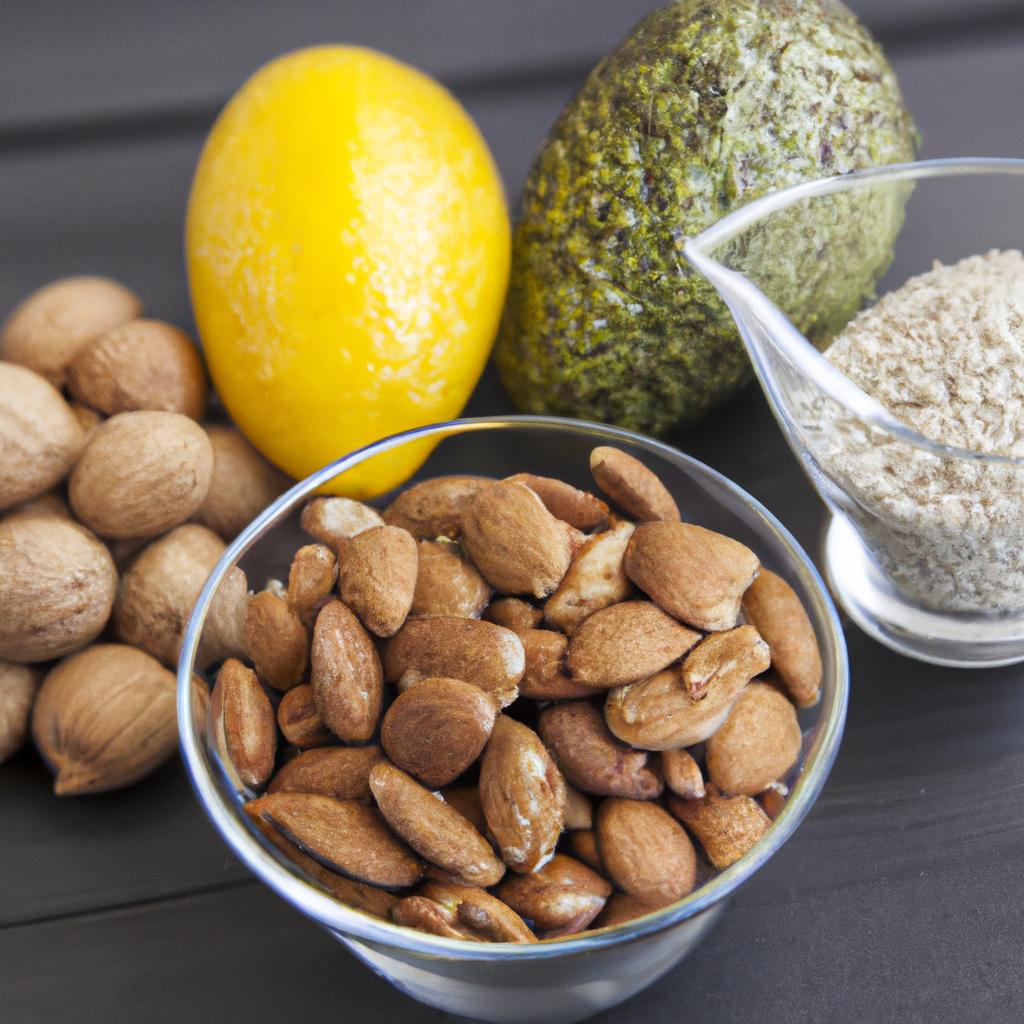**”The Role of Plant-Based Fats in Athletic Performance: How Healthy Fats Support Energy Levels and Recovery for Vegan Athletes”**
The Role of Plant-Based Fats in Athletic Performance: How Healthy Fats Support Energy Levels and Recovery for Vegan Athletes
In recent years, the popularity of plant-based diets has skyrocketed, especially among athletes seeking to enhance their performance and well-being. One of the critical components of a well-rounded vegan diet is healthy fats, particularly those derived from plant sources. This blog post will explore how plant-based fats play a significant role in athletic performance, energy levels, and recovery for vegan athletes.
Understanding Plant-Based Fats
Types of Plant-Based Fats
Plant-based fats can be categorized into two primary types: saturated and unsaturated fats. Unsaturated fats are further divided into monounsaturated and polyunsaturated fats. Foods like avocados, nuts, seeds, and oils (such as olive and flaxseed oil) are excellent sources of healthy fats. On the other hand, saturated fats, such as those found in coconut oil, should be consumed in moderation.
The Importance of Omega-3 Fatty Acids
Moreover, omega-3 fatty acids, which are predominantly found in flaxseeds, chia seeds, and walnuts, are essential for athletes. These fats are known for their anti-inflammatory properties, which can be particularly beneficial for recovery after intense workouts. Therefore, ensuring an adequate intake of omega-3s can help vegan athletes recover faster and maintain optimal performance.
Nutrition Tips for Vegan Athletes
Incorporating Healthy Fats
Incorporating healthy fats into your diet is essential for maintaining energy levels. Athletes require a significant amount of energy, and fats provide a concentrated source of calories. Therefore, aim to include a variety of plant-based fats in your meals. For instance, adding a tablespoon of almond butter to your smoothie or sprinkling hemp seeds on your salad can enhance both the flavor and nutritional value of your meals.
Balancing Macronutrients
Furthermore, it’s vital to balance macronutrients in your diet. While carbohydrates are the primary energy source for athletes, healthy fats should not be overlooked. A well-rounded plate might include whole grains, a portion of protein (such as legumes or tofu), and a healthy fat source like avocado or a drizzle of olive oil. This combination can optimize energy levels and support performance.
Exercise Advice: Timing and Types of Fats
Pre-Workout Nutrition
When preparing for a workout, it’s beneficial to consume fats in moderation. For example, a small amount of nut butter with a banana can provide sustained energy without causing digestive discomfort. However, avoid heavy meals that are high in fat right before exercising, as they may lead to sluggishness.
Post-Workout Recovery
On the other hand, after a workout, focusing on recovery is crucial. Consuming a meal rich in both protein and healthy fats can aid muscle repair and recovery. A smoothie made with protein powder, spinach, and a tablespoon of flaxseed can replenish energy stores and promote healing. Consequently, this approach can enhance overall performance in subsequent workouts.
Health Benefits of Plant-Based Fats
Promoting Heart Health
In addition to supporting athletic performance, plant-based fats contribute to overall heart health. The monounsaturated fats found in foods like avocados and olive oil can help reduce bad cholesterol levels and lower the risk of heart disease. This is particularly important for athletes, as cardiovascular health is critical for optimal performance.
Supporting Mental Health
Moreover, healthy fats are essential for brain health. Omega-3 fatty acids are known to support cognitive function, which can be particularly beneficial for athletes who need to remain focused during competition. Consequently, a diet rich in plant-based fats can enhance not just physical performance but also mental acuity.
Conclusion
In conclusion, plant-based fats are vital for vegan athletes seeking to optimize their performance, energy levels, and recovery. By incorporating a variety of healthy fats into their diets and balancing macronutrients effectively, athletes can ensure they are fueling their bodies for success. Furthermore, the health benefits of these fats extend beyond athletic performance, promoting heart health and mental clarity. Therefore, embracing a plant-based diet rich in healthy fats is not just a trend; it’s a smart and sustainable approach to supporting athletic endeavors and overall well-being.
By understanding the role of plant-based fats and implementing these strategies, vegan athletes can elevate their performance and enjoy the myriad health benefits that come with a well-rounded, plant-based lifestyle.
FAQ
1. What types of plant-based fats should vegan athletes include in their diets?
Vegan athletes should focus on incorporating both unsaturated fats, which include monounsaturated and polyunsaturated fats, into their diets. Excellent sources include avocados, nuts, seeds, and healthy oils like olive and flaxseed oil. While saturated fats, such as those found in coconut oil, can be included, they should be consumed in moderation.
2. How do omega-3 fatty acids benefit vegan athletes?
Omega-3 fatty acids are essential for vegan athletes as they possess anti-inflammatory properties that aid recovery after intense workouts. Foods rich in omega-3s, such as flaxseeds, chia seeds, and walnuts, can help athletes recover faster, maintain optimal performance, and support overall health.
3. What should vegan athletes consider for their pre- and post-workout nutrition regarding healthy fats?
For pre-workout nutrition, vegan athletes should consume fats in moderation to avoid digestive discomfort, such as a small amount of nut butter with a banana. Post-workout, a meal rich in both protein and healthy fats is crucial for muscle repair and recovery. For example, a smoothie with protein powder, spinach, and flaxseed can help replenish energy and promote healing.















Post Comment